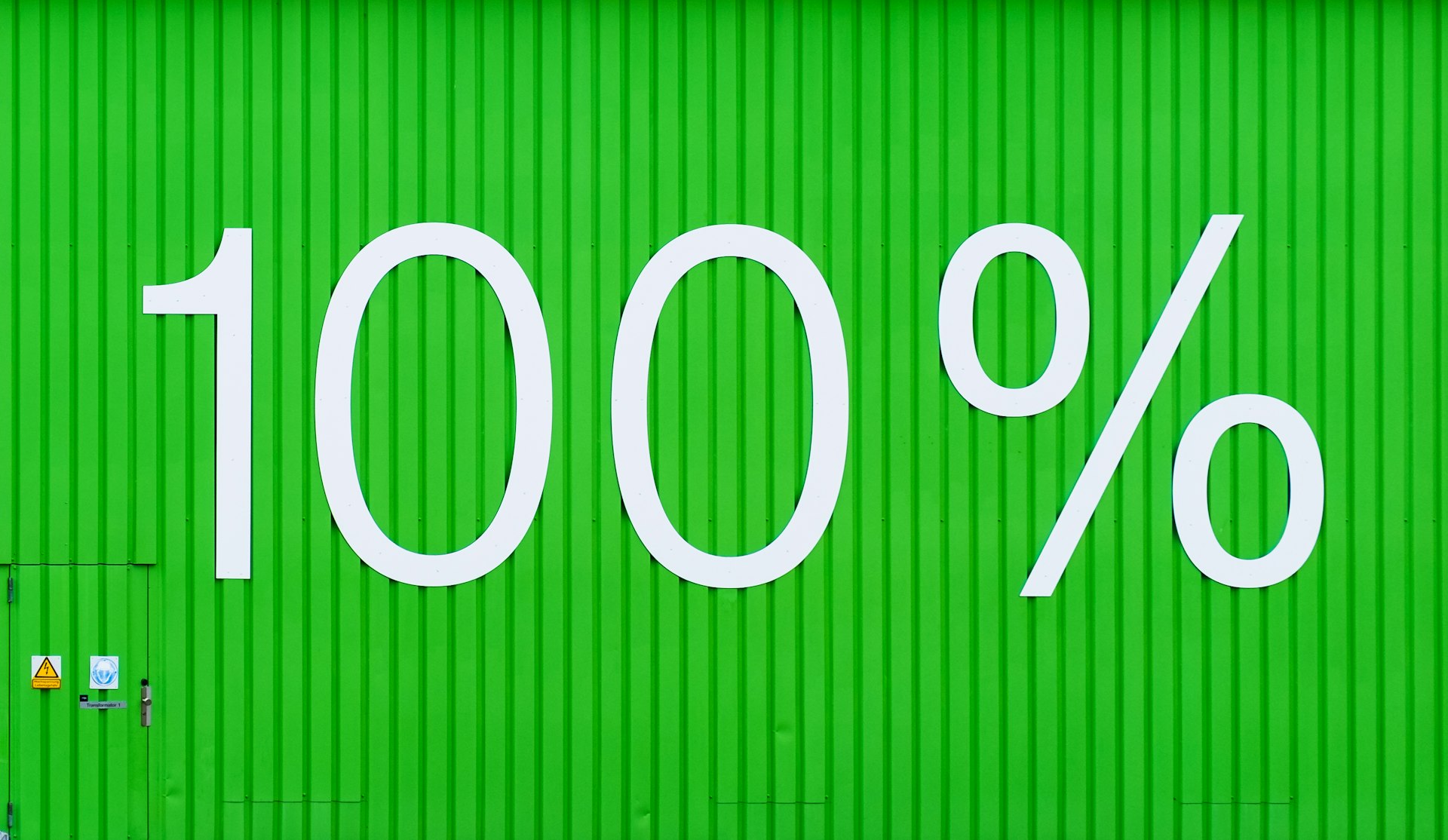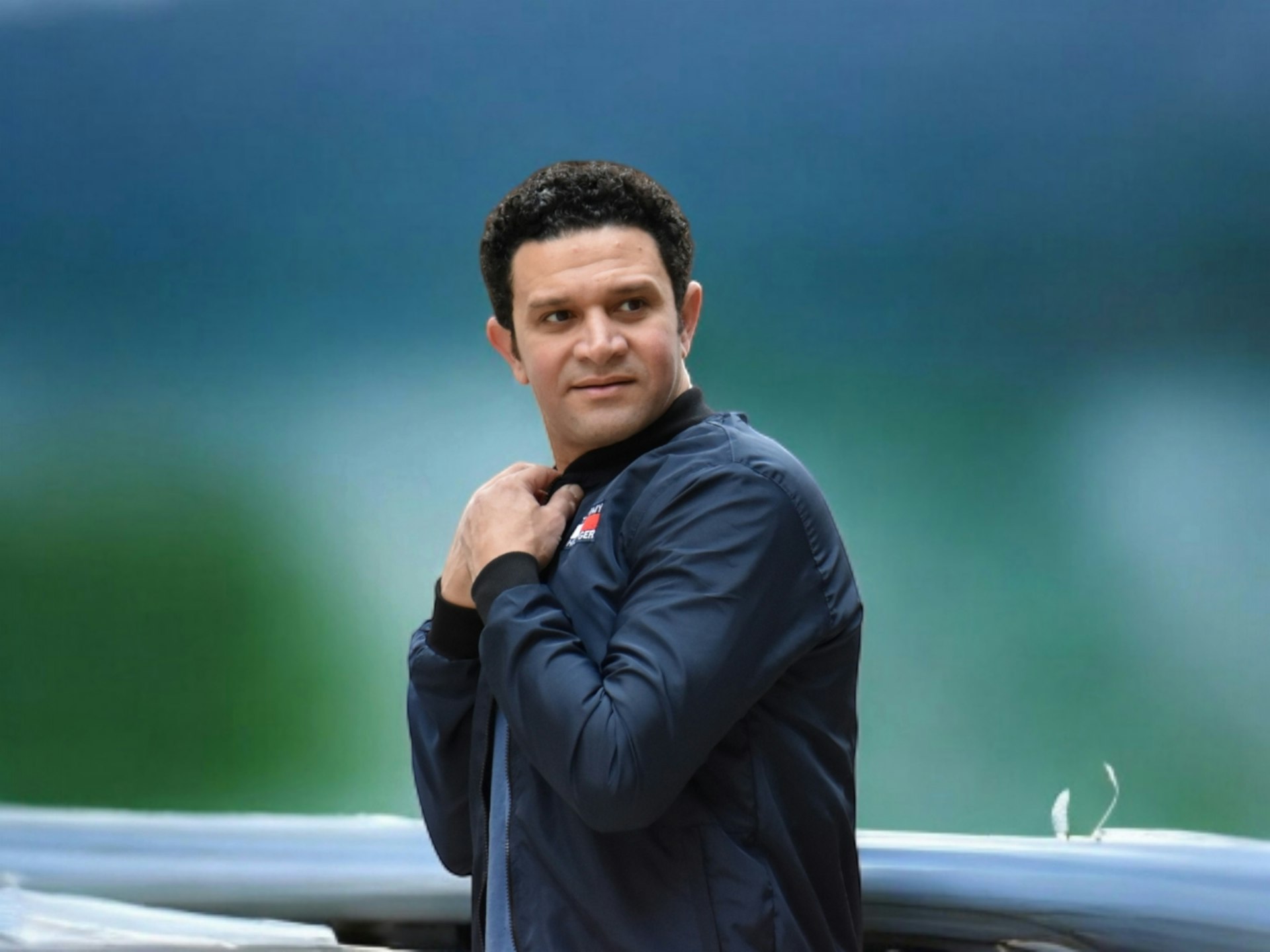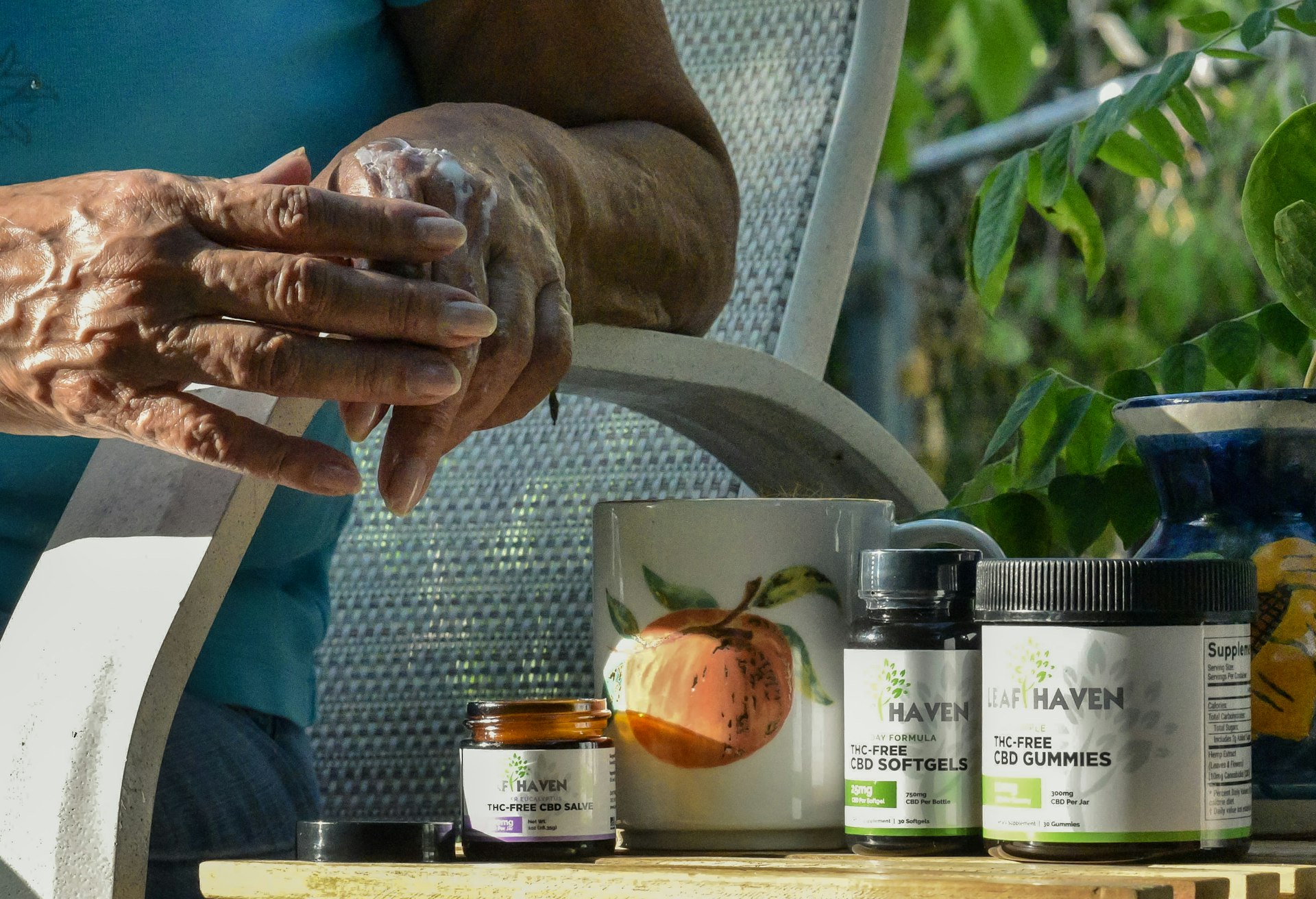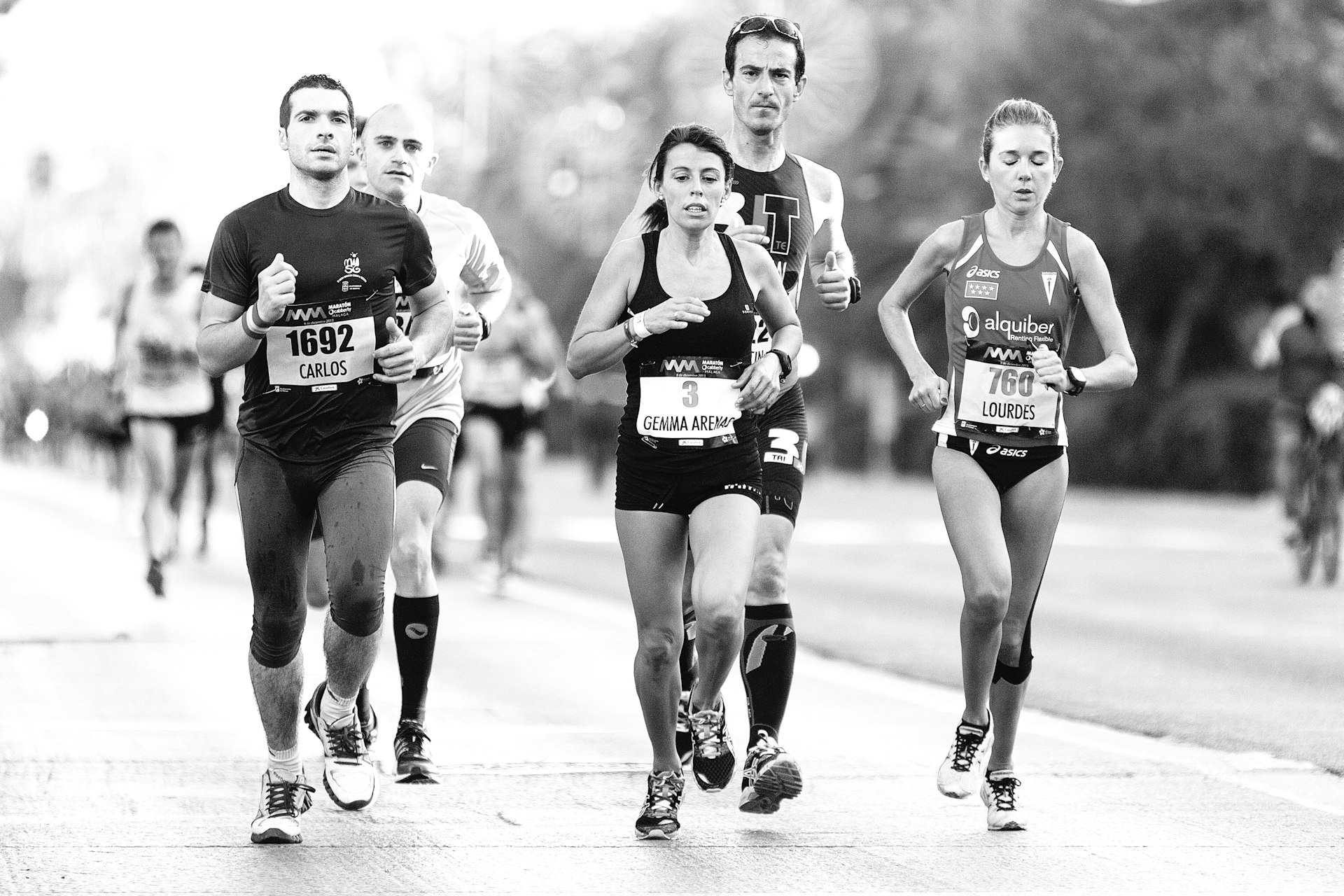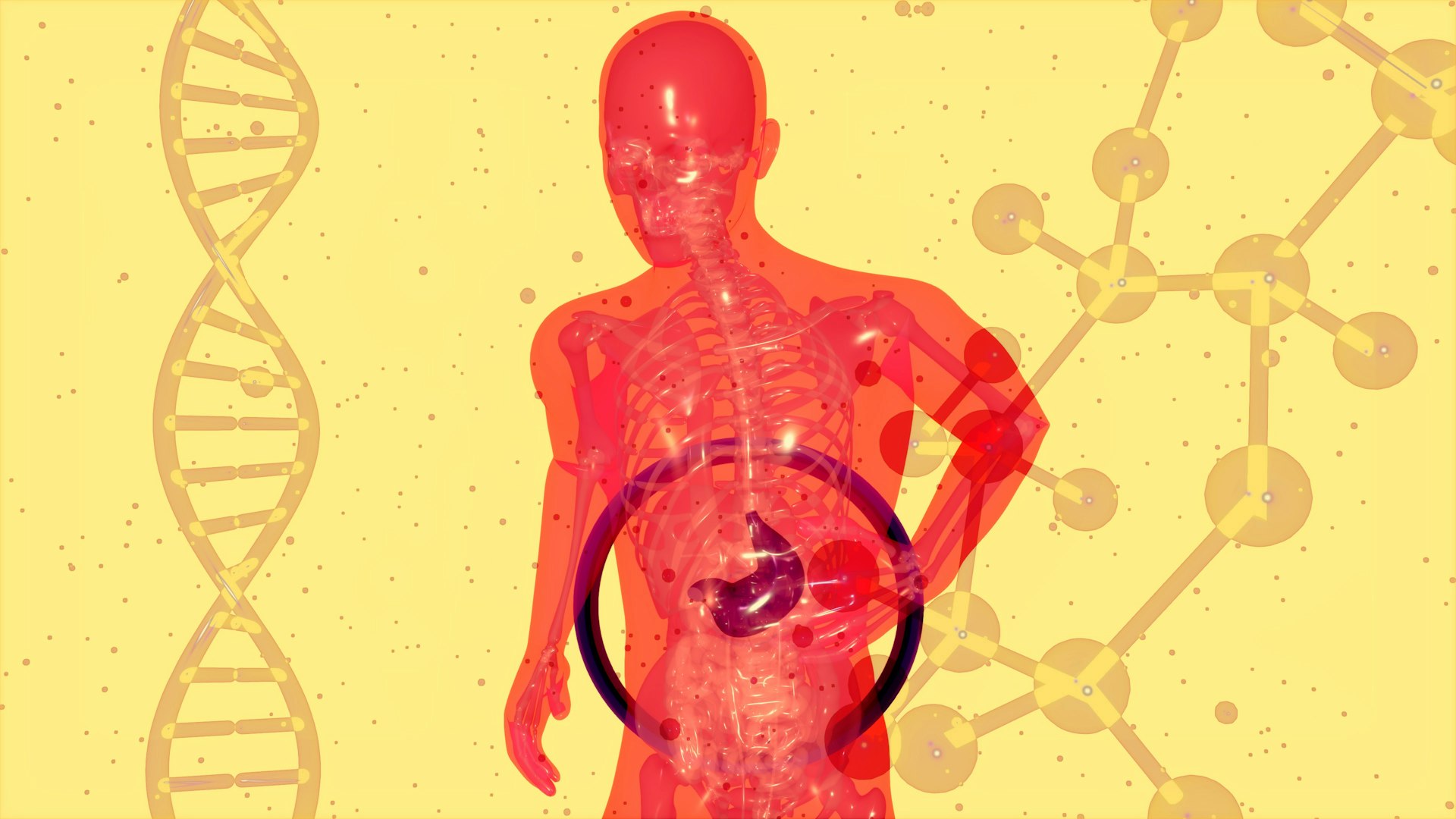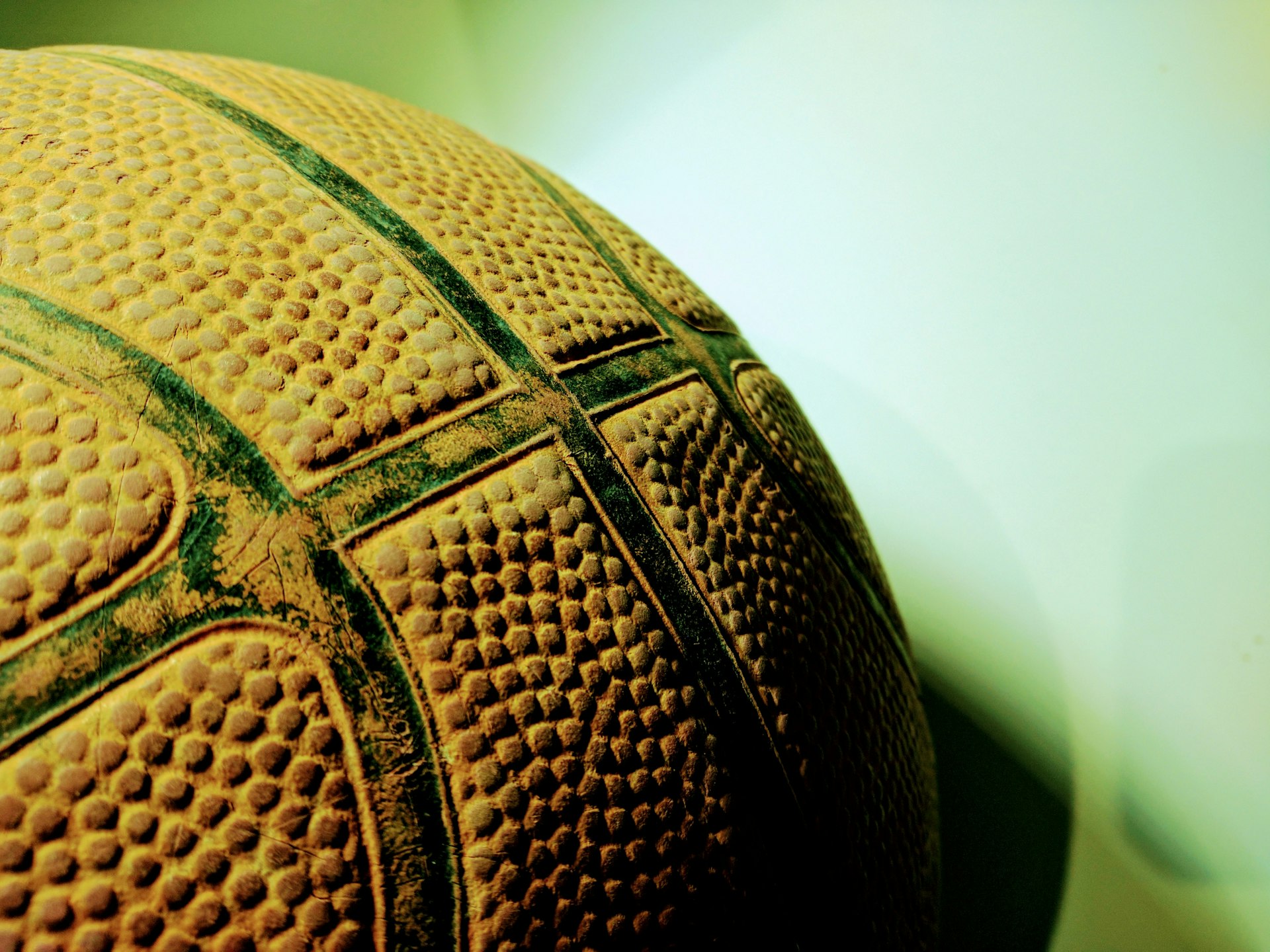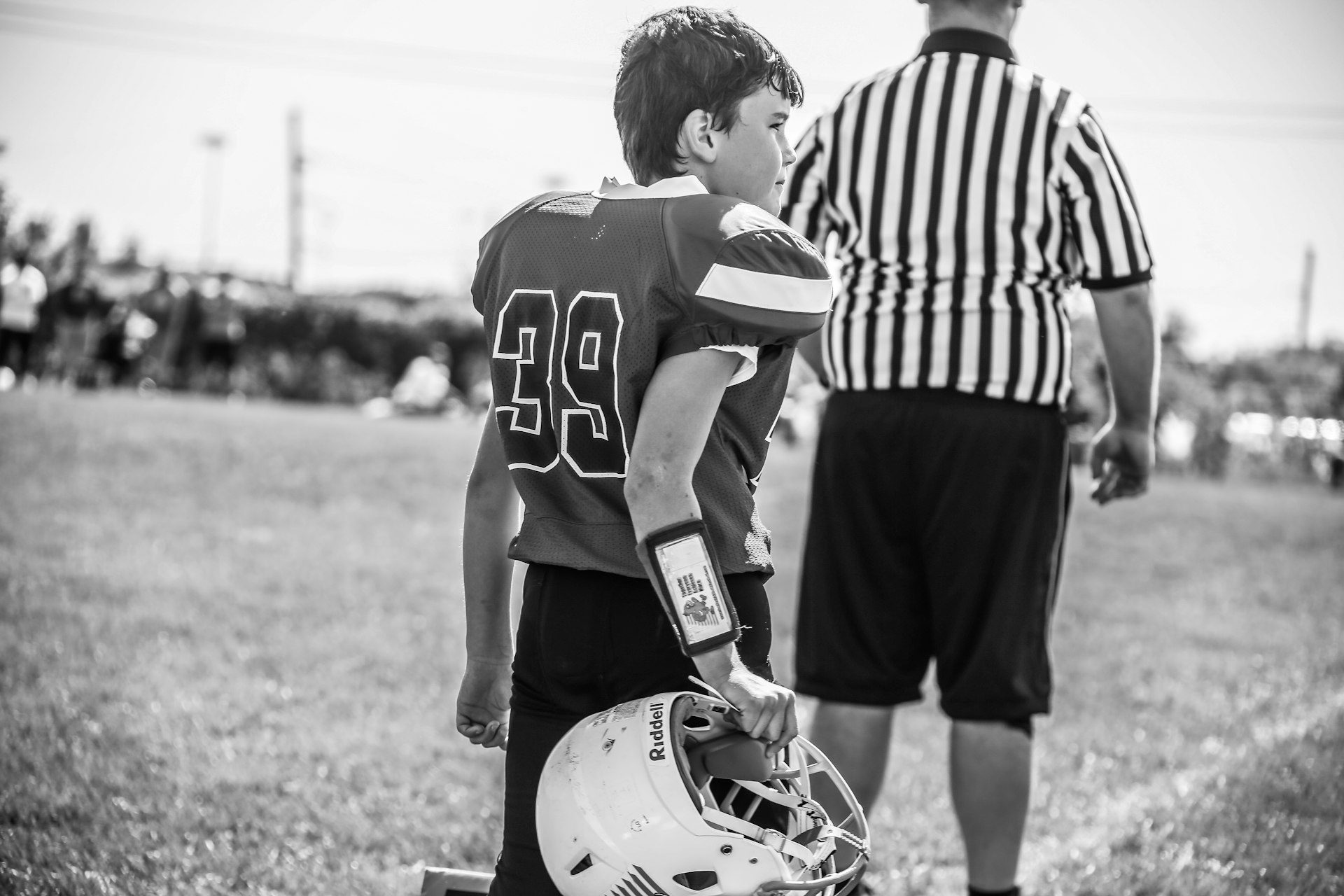Advancing Mental Health Awareness in Professional Sports: Strategies, Resources, and Real-World Impact

Photo by Ryan Hoffman on Unsplash
Introduction: The Growing Importance of Mental Health Awareness in Professional Sports
Mental health awareness within professional sports has evolved dramatically in recent years, reflecting an industry-wide commitment to supporting athletes beyond physical performance. Sport organizations, advocacy groups, and medical professionals now recognize that emotional well-being is essential for optimal performance and long-term success. As stigma declines and resources expand, athletes and staff are discovering new avenues for support and resilience [1] .
Key Challenges in Athlete Mental Health
Elite athletes face unique pressures, including performance expectations, public scrutiny, injury recovery, and transition out of sport. Studies indicate that approximately 35% of elite athletes report mental health concerns such as depression, anxiety, and burnout [2] . Despite growing awareness, stigma remains a significant barrier. Athletes may worry that disclosing mental health struggles will jeopardize their careers or reputation. Creating a supportive environment is essential for early identification and intervention [1] .
Transformative Initiatives and Industry Collaboration
Across the globe, organizations are taking collective action to embed mental health awareness into the fabric of sport. The Mental Health Charter for Sport and Recreation , introduced by the Sport and Recreation Alliance in partnership with Mind and the Professional Players Federation, has fostered a culture where mental well-being is prioritized alongside physical health. Over 470 organizations have committed to its principles, supporting athletes at every level [3] . Annual events such as Mental Health Awareness Week and Athlete Mental Health Week amplify athlete voices and provide essential resources through workshops, webinars, and digital content [5] .
The Athlete Mental Health Alliance (AMHA) now includes over 250 partners and has distributed hundreds of resources, including virtual sessions, podcasts, and expert-led webinars. These events are designed to empower athletes, coaches, and clinicians with actionable tools and evidence-based strategies for managing stress, trauma, and other challenges [5] .
Proactive Strategies for Mental Health Support
Professional sports organizations are implementing key strategies to foster mental wellness:
- Education and Literacy: Increasing mental health literacy is crucial. Sharing educational articles, webinars, and accessible resources helps athletes and staff understand the signs of mental health conditions and the importance of early intervention [2] .
- Open Communication: Coaches and staff are encouraged to maintain open-door policies and facilitate regular team meetings where athletes feel comfortable expressing emotions and reporting concerns like bullying or hazing. Pre-screening questionnaires can help identify mental health risks before athletes join teams [2] .
- Skill Building: Integrating daily mental skills training strengthens focus, resilience, and emotional balance. The NFL Total Wellness program, for example, emphasizes intentional behaviors that enhance both performance and overall well-being [4] .
- Crisis Response: Trainers and physicians are often the first point of contact for athletes in distress. In emergencies, immediate assistance from crisis personnel is vital. In the UK, Racing Welfare offers 24/7 support at 0800 6300 443 [3] .
How to Access Mental Health Resources in Sports
Multiple pathways exist for athletes, coaches, and industry professionals to access mental health resources:
- Team Resources: Most professional teams now employ mental health professionals or have referral systems in place. If you are affiliated with a team, ask your coach, trainer, or physician about available support services.
- Industry Hotlines: In the UK, Racing Welfare provides confidential assistance for anyone in the sports industry. Call 0800 6300 443 for immediate support [3] .
- Nonprofit Organizations: Athlete advocacy groups such as Athletes for Hope, Hilinski’s Hope Foundation, and the Kevin Love Fund offer resource hubs, webinars, and community programs. Visit their verified websites for current initiatives and support [5] .
- Online Resource Hubs: Many mental health awareness initiatives provide downloadable guides, video content, and podcasts. The AMHW Resource Hub and NFL Total Wellness platforms offer actionable strategies and expert insights [4] .
- Crisis Services: If you or someone you know is in immediate danger, contact emergency services or a crisis helpline. In the U.S., dialing 988 reaches the Suicide & Crisis Lifeline-search for ‘988 Lifeline’ on the official SAMHSA website for verified information.
Real-World Impact: Case Studies and Success Stories
Recent global research underscores the value of early intervention and personalized approaches. For example, a 2025 study found that mobile apps tailored for elite athletes can help individuals recognize stress patterns, track mood changes, and access coping resources, resulting in improved performance and reduced anxiety [1] . The Mental Health Charter’s ten-year milestone demonstrates how committed organizations have reduced stigma and integrated mental health support throughout the sports sector [3] .
During Athlete Mental Health Week 2025, over 296 participants joined workshops and webinars, sharing stories and learning from experts about navigating the complexities of athletic life. Social media campaigns reached over 129 million people, encouraging open dialogue and expanding access to resources [5] .
Step-by-Step Guidance to Promote Mental Health Awareness in Sports Settings
- Start Conversations: Encourage open dialogue about mental health at all levels-athletes, coaches, staff, and management. Use team meetings, workshops, and anonymous surveys to foster a safe environment.
- Educate and Train: Provide regular training sessions on recognizing mental health symptoms and responding appropriately. Share verified resources and encourage participation in mental health literacy programs [2] .
- Utilize Screening Tools: Implement pre-screening questionnaires for new team members to identify individuals who may need additional support.
- Connect with Experts: Build relationships with licensed mental health professionals and advocacy organizations. Seek out partnerships for educational events and resource distribution.
- Monitor and Adjust: Regularly assess the effectiveness of your mental health strategies and adapt based on feedback from athletes and staff.
- Access Resources: Visit official organizational websites and resource hubs, participate in webinars, and reach out to support hotlines for immediate assistance. When uncertain, search for reputable nonprofit and industry-led initiatives using keywords like ‘athlete mental health resources’, ‘sports psychiatry’, or ‘mental wellness in sports’.
Potential Challenges and Solutions
Despite progress, challenges persist in promoting mental health awareness:
- Stigma: Solution: Continual education and visible leadership by athletes, coaches, and organizations help normalize mental health conversations.
- Resource Accessibility: Solution: Leverage digital platforms and virtual events to reach athletes in remote or underserved areas.
- Cultural Barriers: Solution: Partner with diverse community organizations to create culturally sensitive resources and training.
Alternative Approaches for Different Sports Contexts
While professional leagues often have established mental health programs, smaller clubs or community teams may lack resources. In these settings:

Photo by (Augustin-Foto) Jonas Augustin on Unsplash
- Engage Local Professionals: Reach out to community mental health centers or local therapists specializing in sports psychology.
- Peer Support: Encourage peer-led support groups and mentorship programs to share experiences and coping strategies.
- Online Learning: Utilize free online courses and educational webinars provided by reputable organizations during awareness weeks.
Key Takeaways and Next Steps
Mental health awareness in professional sports is a dynamic and growing movement. Through collaboration, education, and resource sharing, the industry is breaking down barriers and fostering a culture where athletes can thrive emotionally and physically. Whether you are an athlete, coach, or sports professional, you can make a difference by starting conversations, participating in training, and connecting with verified resources.
References
- [1] Psychiatric Times (2025). Top 3 Studies on Athletes’ Mental Health From Around the Globe.
- [2] McLean Hospital (2023). Athletes and Mental Health: Pressure Behind the Performance.
- [3] Sport and Recreation Alliance (2025). Mental Health Awareness Week 2025: Celebrating the Power of Community.
- [4] NFL Total Wellness (2025). Mental Health Awareness Month.
- [5] Athletes for Hope (2025). Athlete Mental Health Week 2025.
MORE FROM weirdsearch.com
